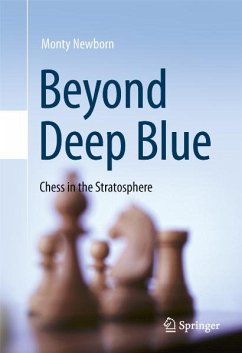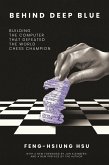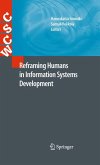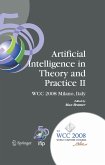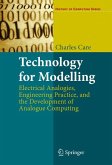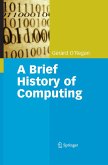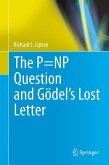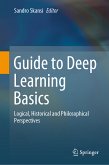Beyond Deep Blue: Chess in the Stratosphere tells the continuing story of the chess engine and its steady improvement from its victory over Garry Kasparov to ever-greater heights. The book provides analysis of the games alongside a detailed examination of the remarkable technological progress made by the engines - asking the questions which one is best, how good is it, and how much better can it get.
- Presents a total of 118 games, played by 17 different chess engines, collected together for the first time in a single reference
- Details the processor speeds, memory sizes, and the number of processors used by each chess engine
- Reviews Deep Blue's matches with Garry Kasparov in 1996 and 1997
- Includes games from 10 World Computer Chess Championships, and the three most recent major computer chess tournaments of the Internet Chess Club
- Covers the man-machine matches between Fritz and Kramnik in 2002 and 2006, and between Kasparov and Deep Junior in 2003
- Describes three historical matches between leading engines: Hydra versus Shredder, Junior versus Fritz, and Zappa versus Rybka
This fascinating account of the ongoing evolution of computer chess will appeal to both the general reader and to specialists in A.I. and computing. Chess players and aficionados will also appreciate this remarkable insight into the new superstars of the classic game.
Dr. Monty Newborn is an emeritus professor in the School of Computer Science at McGill University, Montreal, Canada. He is theauthor of the successful Springer titles Automated Theorem Proving: Theory and Practice and Deep Blue: An Artificial Intelligence Milestone.
Dieser Download kann aus rechtlichen Gründen nur mit Rechnungsadresse in A, B, BG, CY, CZ, D, DK, EW, E, FIN, F, GR, HR, H, IRL, I, LT, L, LR, M, NL, PL, P, R, S, SLO, SK ausgeliefert werden.
"Newborn's new book Beyond Deep Blue ... includes 118 games played by seventeen different chess engines from Kasparov's matches with Deep Blue in 1996 and 1997 up to the 2010 world computer championship. ... This is a book primarily for computer scientists but one that chess players are also likely to find of interest." (ChessCafe, August, 2011)

